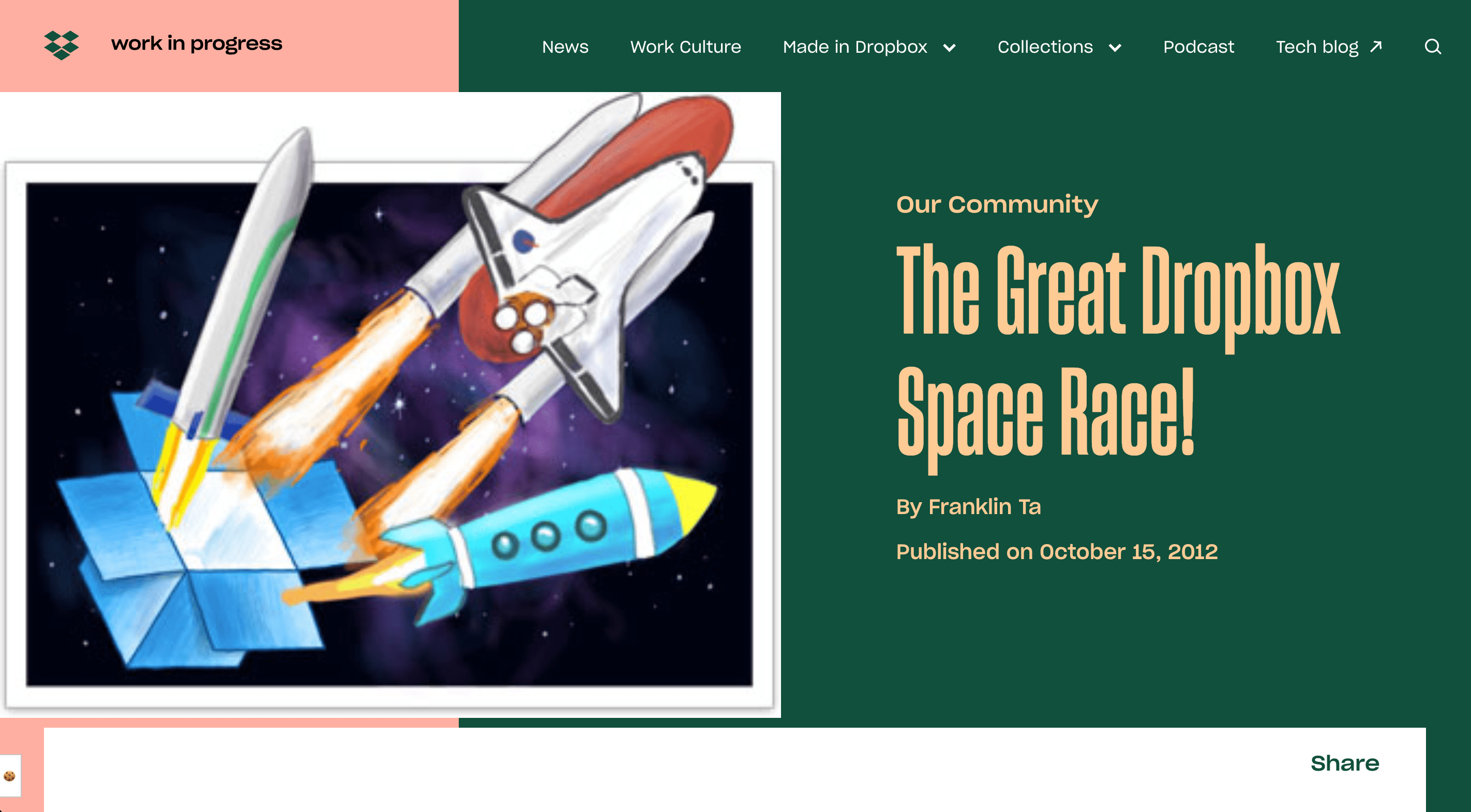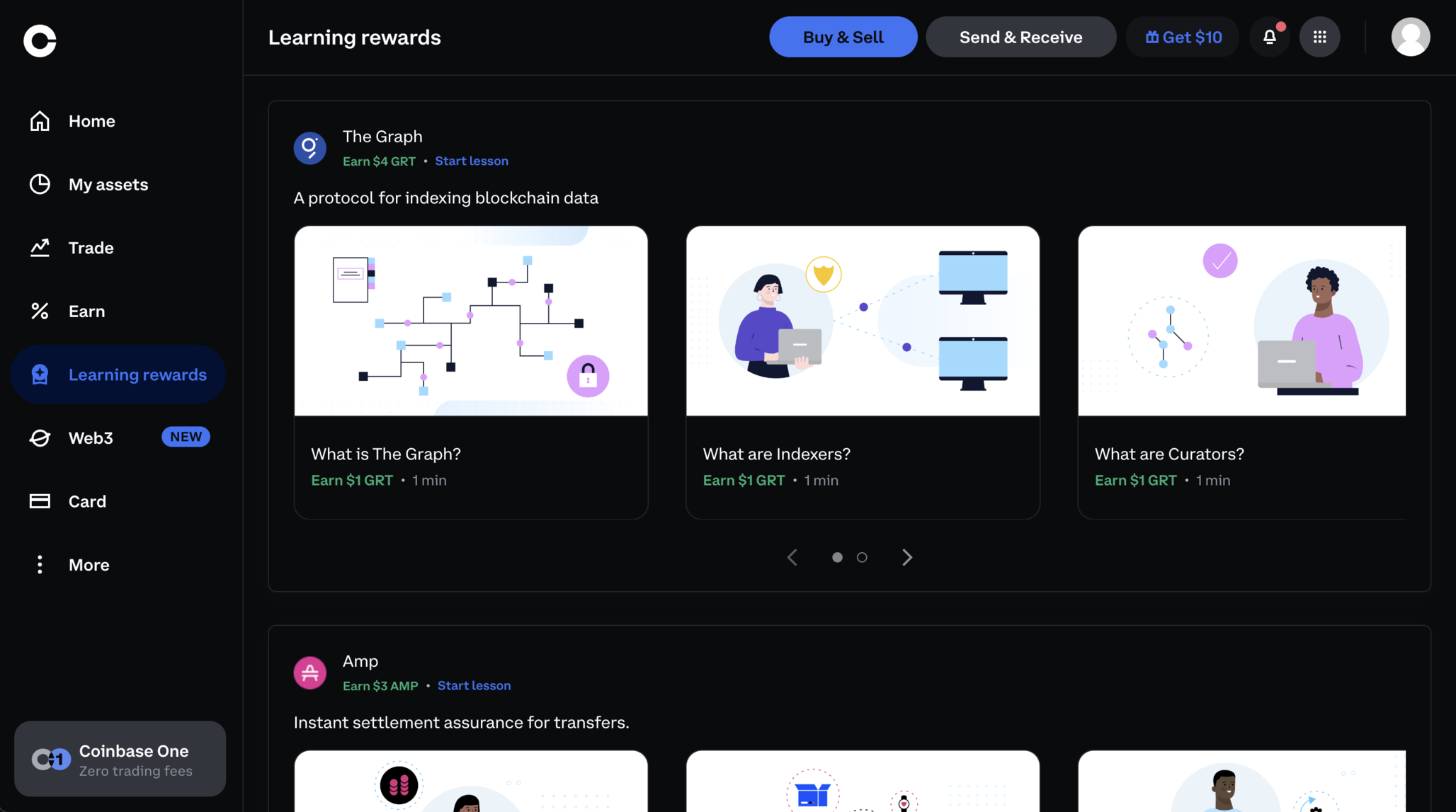In the world of B2B marketing, social proof is a powerful tool for building trust and credibility with potential customers. Two key forms of social proof - testimonials and quotes - can significantly impact your marketing efforts and drive growth. But what exactly is the difference between testimonials and quotes? And how can you leverage each one effectively?
This comprehensive guide will explore testimonials vs quotes in depth, covering their definitions, key differences, benefits, best practices for using each, and how to integrate them into your B2B marketing strategy. We'll also look at how to collect and display testimonials and quotes to maximize their impact on your business growth.
Table of Contents
- Defining Testimonials and Quotes
- Key Differences Between Testimonials and Quotes
- Benefits of Using Testimonials in B2B Marketing
- Benefits of Using Quotes in B2B Marketing
- Best Practices for Collecting Testimonials
- Best Practices for Gathering Quotes
- How to Display Testimonials Effectively
- How to Showcase Quotes Impactfully
- Integrating Testimonials and Quotes into Your Marketing Strategy
- Measuring the Impact of Testimonials and Quotes
- Leveraging Technology for Testimonial and Quote Management
- Common Mistakes to Avoid with Testimonials and Quotes
- Future Trends in Social Proof Marketing
1. Defining Testimonials and Quotes
Before diving into the differences and applications, let's clearly define what we mean by testimonials and quotes in a B2B context:
Testimonials are in-depth, personal accounts from satisfied customers or clients that describe their positive experiences with a product, service, or company. Testimonials typically include specific details about how the business solved a problem or delivered value.
Quotes, in this context, are brief, impactful statements from customers, industry experts, or other relevant sources that highlight a specific aspect of a product, service, or company. Quotes are usually more concise and focused than full testimonials.
2. Key Differences Between Testimonials and Quotes
While both testimonials and quotes serve as forms of social proof, they have distinct characteristics:
| Aspect | Testimonials | Quotes |
|---|---|---|
| Length | Longer, more detailed | Short, concise |
| Content | Comprehensive experience | Specific highlight or opinion |
| Format | Often narrative-style | Single sentence or phrase |
| Source | Typically customers | Customers, experts, influencers |
| Context | Usually includes background | May stand alone without context |
| Emotional impact | Can be more personal and relatable | Often more authoritative or punchy |
| Use cases | Product pages, case studies | Headlines, social media, ad copy |
Understanding these differences helps marketers choose the right type of social proof for specific marketing objectives and channels.
3. Benefits of Using Testimonials in B2B Marketing
Testimonials offer several advantages for B2B marketers:
Build Trust and Credibility: Detailed accounts from satisfied customers provide strong evidence of your company's ability to deliver results.
Address Specific Pain Points: Testimonials can highlight how your product or service solves real-world problems faced by your target audience.
Showcase Long-Term Value: By describing ongoing benefits, testimonials demonstrate the lasting impact of your offerings.
Humanize Your Brand: Personal stories create emotional connections and make your brand more relatable to potential customers.
Provide Social Proof at Scale: A collection of positive testimonials shows that your success isn't limited to just a few clients.
Support Complex Decision-Making: In B2B contexts with longer sales cycles, in-depth testimonials can address multiple decision criteria.
Improve SEO: Testimonial content often includes industry-specific language that can boost your search engine rankings for relevant keywords.
4. Benefits of Using Quotes in B2B Marketing
Quotes also play a valuable role in B2B marketing strategies:
Create Immediate Impact: Short, powerful quotes quickly capture attention and convey key messages.
Enhance Brand Authority: Quotes from industry leaders or experts can lend credibility to your claims.
Versatility Across Channels: Brief quotes are easy to incorporate into various marketing materials, from social media posts to email signatures.
Highlight Specific Features or Benefits: Quotes can zero in on particular aspects of your offering that you want to emphasize.
Support Content Marketing: Relevant quotes can strengthen blog posts, whitepapers, and other long-form content.
Facilitate Quick Comparisons: In competitive analyses or product comparisons, quotes can succinctly convey advantages.
Encourage Social Sharing: Memorable quotes are more likely to be shared on social platforms, expanding your reach.
5. Best Practices for Collecting Testimonials
To gather impactful testimonials, follow these best practices:
Time It Right: Request testimonials when customers are most satisfied, such as after a successful project completion or milestone achievement.
Make It Easy: Provide a simple process for submitting testimonials, whether through an online form or a brief interview.
Ask Specific Questions: Guide customers to provide detailed, relevant information by asking targeted questions about their experience.
Seek Diverse Perspectives: Collect testimonials from various customer segments to appeal to a broad audience.
Request Quantifiable Results: Encourage customers to include specific metrics or data that demonstrate the impact of your product or service.
Obtain Proper Permissions: Always get written consent to use testimonials in your marketing materials.
Follow Up and Update: Periodically check in with featured customers to ensure their testimonial is still accurate and relevant.
6. Best Practices for Gathering Quotes
When collecting quotes for B2B marketing, keep these tips in mind:
Identify Key Influencers: Seek quotes from respected figures in your industry whose opinions carry weight.
Leverage Events and Interviews: Use speaking engagements, webinars, and media interviews as opportunities to gather relevant quotes.
Monitor Social Media: Keep an eye out for positive mentions of your brand that can be repurposed as quotes.
Focus on Specificity: Encourage sources to provide quotes that highlight specific benefits or features rather than generic praise.
Maintain Context: Ensure that the full context of the quote is understood and accurately represented.
Verify and Attribute Correctly: Always double-check the accuracy of quotes and attribute them properly to maintain credibility.
Keep a Quote Library: Maintain a organized database of approved quotes for easy access and use across marketing initiatives.
7. How to Display Testimonials Effectively
The presentation of testimonials can significantly impact their effectiveness:
Use Visual Elements: Incorporate customer photos, company logos, or video testimonials to increase engagement and authenticity.
Organize by Relevance: Group testimonials by industry, company size, or problem solved to help potential customers find relatable examples.
Highlight Key Phrases: Use pull quotes or bold text to emphasize the most impactful parts of longer testimonials.
Integrate Throughout Your Site: Don't limit testimonials to a single page; strategically place them across your website where they're most relevant.
Create Dedicated Case Studies: Develop in-depth case studies from your strongest testimonials to provide more detailed social proof.
Implement a Rotating Display: Use a carousel or slider to showcase multiple testimonials without cluttering your page layout.
Optimize for Mobile: Ensure testimonials are easily readable and visually appealing on mobile devices.
8. How to Showcase Quotes Impactfully
To maximize the impact of quotes in your B2B marketing:
Design for Visibility: Use eye-catching typography and color schemes to make quotes stand out.
Pair with Visuals: Combine quotes with relevant images or infographics to increase their memorability.
Use in Headers and Banners: Place powerful quotes in prominent positions on your website or marketing materials.
Create Quote Graphics: Design shareable images featuring your best quotes for social media and other digital channels.
Incorporate into Sales Collateral: Add relevant quotes to pitch decks, brochures, and other sales materials to support your messaging.
Feature in Email Campaigns: Use impactful quotes in email subject lines or body content to boost open and click-through rates.
Rotate Regularly: Keep your marketing materials fresh by regularly updating the quotes you feature.
9. Integrating Testimonials and Quotes into Your Marketing Strategy
To effectively leverage both testimonials and quotes:
Align with Customer Journey: Use different types of social proof at various stages of the buyer's journey, from awareness to decision.
Complement Other Content: Integrate testimonials and quotes with case studies, product descriptions, and other marketing content for a cohesive message.
Tailor to Channels: Adapt the format and presentation of testimonials and quotes to suit different marketing channels and platforms.
Support Key Messages: Use social proof to reinforce your unique value proposition and key differentiators.
Address Objections: Strategically use testimonials and quotes to proactively address common customer concerns or objections.
Enhance Lead Nurturing: Incorporate relevant testimonials and quotes into your lead nurturing emails and content to build trust over time.
Empower Sales Teams: Provide sales representatives with a library of testimonials and quotes to use in their conversations with prospects.
10. Measuring the Impact of Testimonials and Quotes
To ensure your social proof strategy is effective:
Track Engagement Metrics: Monitor how users interact with pages featuring testimonials and quotes, including time on page and click-through rates.
Conduct A/B Testing: Experiment with different placements, formats, and types of social proof to optimize performance.
Survey Customers: Ask new customers about the role testimonials and quotes played in their decision-making process.
Analyze Conversion Paths: Use analytics tools to understand how pages with testimonials and quotes contribute to conversions.
Monitor Brand Mentions: Track how often your testimonials and quotes are shared or referenced on social media and other platforms.
Measure Sales Cycle Impact: Assess whether the use of social proof is helping to shorten sales cycles or increase deal sizes.
Calculate ROI: Determine the return on investment for your efforts in collecting and showcasing testimonials and quotes.
11. Leveraging Technology for Testimonial and Quote Management
Modern tools can help streamline the process of collecting and utilizing social proof:
Testimonial Collection Software: Use dedicated platforms to automate the process of requesting, collecting, and managing customer testimonials.
Social Listening Tools: Employ software that monitors social media and online mentions to identify potential quotes and testimonials.
Content Management Systems (CMS): Utilize your CMS features to easily update and display testimonials and quotes across your website.
Customer Relationship Management (CRM) Integration: Link testimonials and quotes to customer records in your CRM for easy access by sales teams.
Video Testimonial Platforms: Leverage specialized tools for collecting and showcasing video testimonials.
Analytics Integration: Connect your testimonial displays with analytics tools to track their performance accurately.
AI-Powered Content Suggestions: Use artificial intelligence tools to identify the most effective testimonials and quotes for specific marketing contexts.
12. Common Mistakes to Avoid with Testimonials and Quotes
Steer clear of these pitfalls when using social proof in your B2B marketing:
Overuse: Avoid cluttering your marketing materials with too many testimonials or quotes, which can overwhelm readers.
Lack of Specificity: Generic praise is less impactful than concrete examples of how your product or service solved a problem.
Outdated Content: Regularly review and update your testimonials and quotes to ensure they remain relevant and accurate.
Ignoring Negative Feedback: While you shouldn't showcase negative comments, use constructive feedback to improve your offerings.
Fake or Exaggerated Claims: Never fabricate testimonials or quotes, as this can severely damage your credibility if discovered.
Poor Attribution: Always properly credit the source of quotes and testimonials to maintain transparency and trust.
Neglecting Legal Considerations: Ensure you have proper permissions and comply with regulations when using customer testimonials and quotes.
13. Future Trends in Social Proof Marketing
Stay ahead of the curve by considering these emerging trends in testimonials and quotes:
Interactive Testimonials: Implement clickable or expandable testimonials that allow users to dive deeper into customer stories.
User-Generated Content Integration: Combine traditional testimonials with authentic user-generated content from social media and other platforms.
Personalized Social Proof: Use data and AI to show website visitors testimonials and quotes most relevant to their industry or needs.
Real-Time Testimonials: Showcase live feeds of customer reviews or social media mentions to provide up-to-the-minute social proof.
Virtual Reality Experiences: Create immersive VR testimonials that allow potential customers to "experience" your product or service through someone else's eyes.
Blockchain-Verified Testimonials: Utilize blockchain technology to verify the authenticity and unchangeability of testimonials and quotes.
Voice-Activated Testimonials: Optimize testimonials and quotes for voice search and smart speaker devices as voice commerce grows.
By understanding the nuances between testimonials and quotes and implementing best practices for their use, B2B marketers can significantly enhance their social proof strategy. When leveraged effectively, these powerful tools can build trust, demonstrate value, and ultimately drive business growth in the competitive B2B landscape.







